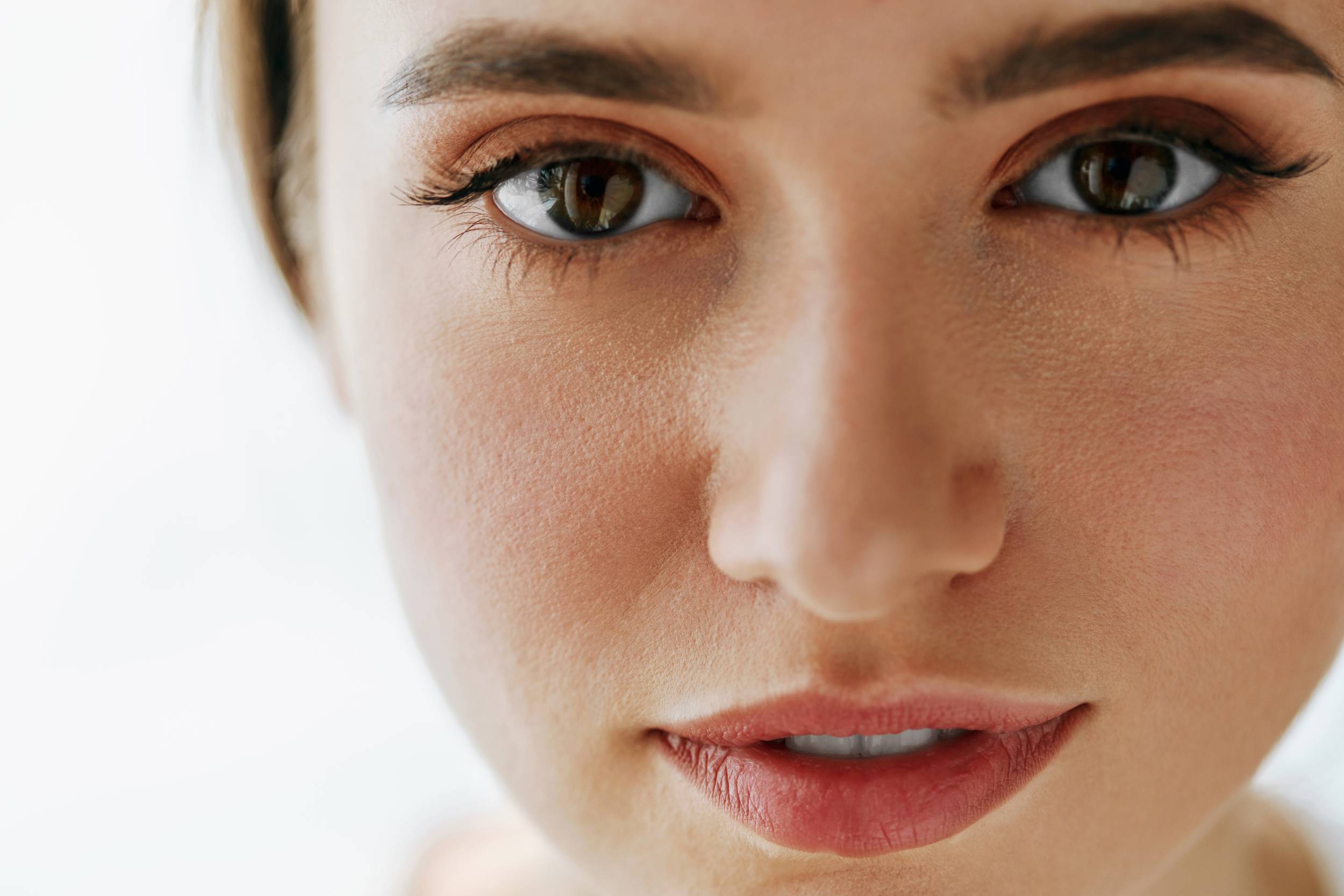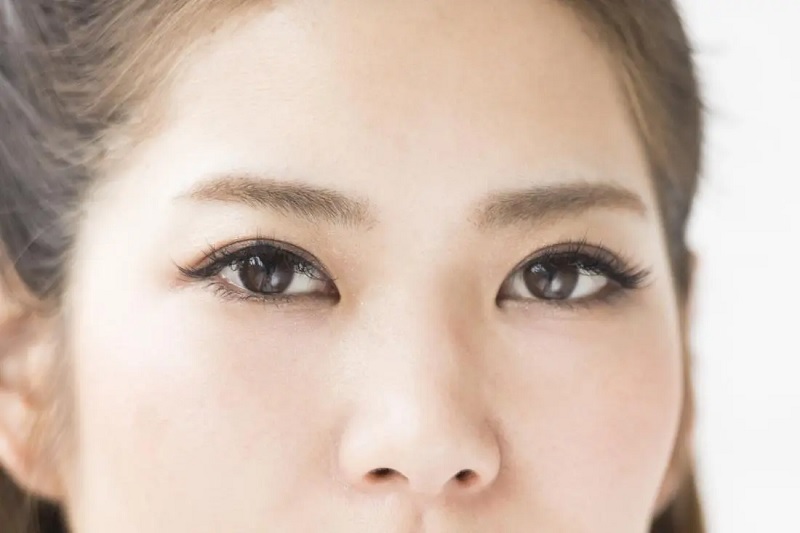Healthbeauty123.com – A healthy diet is one of the most important factors in promoting eye health. While eating high-fat and empty calories can lead to eye problems, a diet rich in leafy greens and omega-3 fatty acids can promote good eyesight. Additionally, regular exercise is a great way to keep the eyes in peak condition. So, what can you do to ensure good eyesight? Read on to learn more. Then, make some lifestyle changes.
Tips for Maintaining Good Eye Health
Proper eye health means looking and feeling your best. Your eyes are the window to the soul, so they deserve the best care possible. A proper eye health regimen includes regular annual exams, eyeglasses, and protective eyewear. Wear protective eyewear, wash your hands, replace your lenses according to the schedule, and maintain a clean eyewear case. Lastly, contact your eye care professional if you notice any problems or changes in your vision.
Drinking plenty of water is important for the health of your eye. Your body needs adequate amounts of water, and your eyes need constant hydration to avoid irritation and dryness. Avoid smoking, which not only reduces vision but also damages the optic nerves. A diet rich in omega-3, beta-carotene, and vitamin A is also important for good eye health. Vitamin E and CADE are also necessary for eye health.

Taking frequent breaks from glaring at a computer screen is essential for eye health. If possible, take a short break every 20 minutes and move around your workspace. Moreover, you should get your eyes examined at least twice a year, as this can detect any hidden eye problems. Additionally, you should wear quality sunglasses to protect your eyes from the harmful UV rays. You can also get reminders from computer programs that tell you to take a break every 60 minutes.
One of the Factors that can Improve Vision
Drinking lots of water is another important factor in promoting good eyesight. It can prevent eye conditions such as cataracts and dry eyes. A diet rich in vitamin C and zinc is also essential for good eyesight. Consuming fresh vegetables and fruits every day is one way to maintain good eyesight into old age. Supplements for vitamin E, lutein, and zinc can be found in fruits and vegetables. These foods are also great sources of antioxidants, which are known to support good eyesight.
Visiting an optometrist is also an important step to maintaining your eye health. An optometrist will be able to diagnose any potential eye conditions early, allowing them to be treated with the proper treatment. If you wear corrective lenses, you should visit your optometrist at least once every two years, if not more often. Even if you do not require corrective lenses, regular visits will help keep your eyesight in top shape.

If you don’t like the idea of seeing a doctor every few months, you can opt to take up a sport or two to help you get some exercise. If you don’t like the idea of exercising, you can try playing badminton or tennis. These games require a lot of eye coordination. Swimming also maintains the normal blood circulation in the cervical vertebrae, which is important for healthy eyesight.
Protects Eyes From Harmful Ultraviolet Rays
Protecting your eyes against harmful ultraviolet rays is another important step. You need to wear sunglasses while working outside, and your lenses must block 99 percent of UV-A and UV-B rays. Another important aspect of eye health is to avoid long hours of computer use. You may forget to blink often, which can lead to eye strain. During these times, try to keep your eyes refreshed by focusing on the 20-20-20 rule.
Sunlight can damage your eyes and contribute to age-related macular degeneration. You can prevent this by wearing sunglasses with large lenses that block up to 99 percent of UV-A and UV-B rays. Another important step is to avoid smoking. Smoking increases your risk of eye diseases and damages the optic nerve. Fortunately, there are plenty of natural ways to protect your eyes. So, it is worth taking the time to learn more about how to maintain good eyesight.

Eye problems usually develop in the later stages of life. Most people start experiencing vision problems in their forties. The most common problem during this period is poor vision at close distances. It is a natural part of aging and will progress with time. You might need to wear glasses or contacts to read close objects, and even print newspapers and restaurant menus might appear blurred. This is a good sign that you need to get a professional opinion.
Reference:






